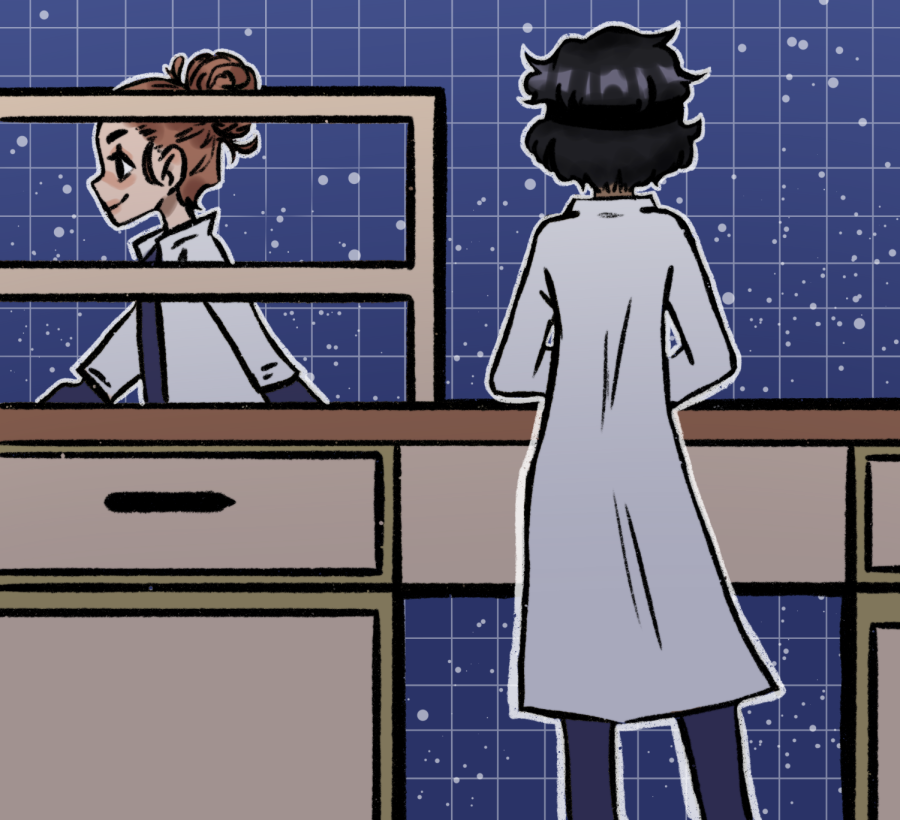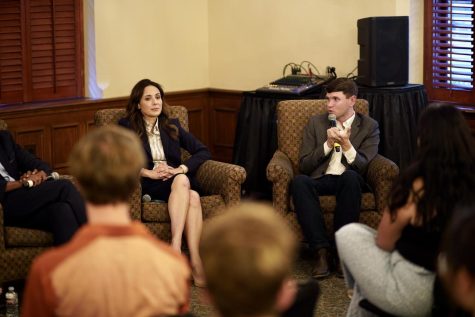UT professor researches transportable renewable energy
October 18, 2022
Joaquin Resasco, assistant professor of chemical engineering, is leading his lab in converting carbon dioxide into carbon-free and renewable energy. Resasco said renewable energy usually falls short because it cannot be stored — but his lab betrays that belief.
The Resasco Catalysis Lab uses electricity to power chemical reactions. He said they use electricity to combine water and carbon dioxide to form ethanol, a renewable fuel that stores energy in the form of chemical bonds, resulting in transportable and renewable energy.
“A process like this one allows us to use energy in a carbon-neutral way,” Ressaco said in an email. “If traditional processes were replaced with ones like this, we could curb CO2 emissions.”
Decreasing emissions is important because carbon dioxide is one the most abundant greenhouse gasses that trap heat in the atmosphere, increasing the global temperature, said Megan Raby, assistant professor of history. She said the carbon we use today has accumulated over millions of years, yet we burn it constantly.
“These technological advancements sound great, but we’re emitting (carbon) at such a high rate that we really need to stop it at the source,” Raby said. “It’s like dropping a bag of marbles and trying to pick them up.”
Jay Bender, National Science Foundation graduate fellow at the Resasco lab, said that the lab’s research could lead to a “closed carbon loop.” This means capturing carbon in the atmosphere and converting it into useful chemicals rather than simply letting CO2 build up.
“Our research is important for the environment because it allows us to take a step toward carbon neutrality and an energy landscape composed of renewable energy sources,” Bender said. “Anthropogenic climate change will only become an increasing challenge for humanity so developing innovative technology is a must.”
Ressaco said his electromechanical process could have a significant impact as its technologies become cheaper.
“There will not be one technology that replaces what fossil fuels give us,” Resasco said. “Technological advancements need to be made in many other areas related to emissions reduction: solar cells, batteries, carbon capture, etc. Luckily, we have some amazing people working on those things at UT, as well.”









